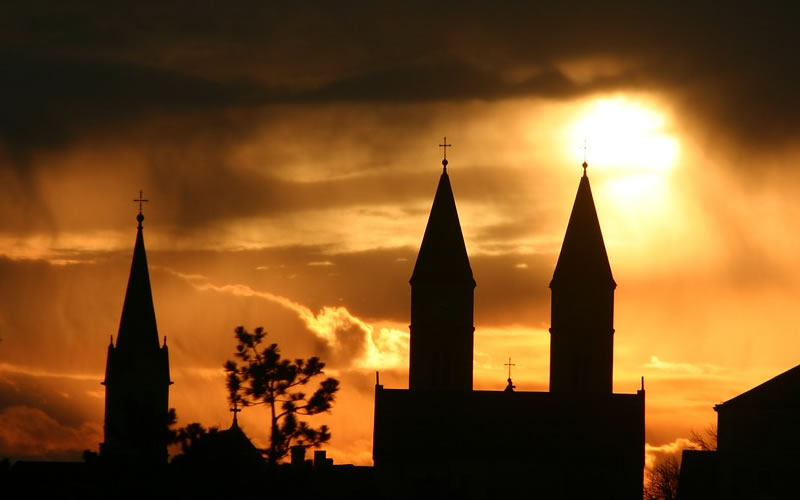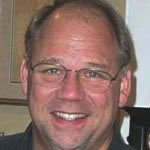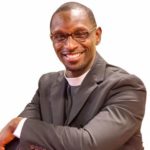
By Andy Brack, editor and publisher, part 2 of 2 | If you ignore the bloody prick of a rusty nail, the wound may become infected or lead to something much worse.
 Across America, but particularly in the South, the underpinnings of our society continue to be infected by the ooze of racism. While there are laws on the books to provide equal access and treatment for the pursuit of life, liberty and happiness, there’s still a lot of unfinished business bubbling under the surface that inhibits progress.
Across America, but particularly in the South, the underpinnings of our society continue to be infected by the ooze of racism. While there are laws on the books to provide equal access and treatment for the pursuit of life, liberty and happiness, there’s still a lot of unfinished business bubbling under the surface that inhibits progress.
Before we can heal and have a society that offers real opportunity for all without economic and racial baggage from the past, we have to confront this cauldron broadly.
“There’s great benefit in acknowledging our past so that we can make progress in the present,” observed the Rev. Joseph Darby of Charleston. “We’ve never done that, because the former Confederate States of America were welcomed back into the Union with no strings attached, allowed to create the ‘Lost Cause’ narrative, and never compelled to reckon with the horrors of slavery and of the racism needed to fuel slavery.”
As a state, we need to start having more conversations like those between three cousins, one white and two black, who met and engaged over the common connection of family. But these conversations need to be more than a periodic forum or one-off get-together that engages a few people for a moment. They need to be ubiquitous, broad and inclusive so we can stop perpetuating more of the same. Simply put, we need hundreds of transformative conversations.

Steve Skardon, executive director of the Palmetto Project, shared lessons of what happened during Imagine South Carolina, a 10-year project involving engaged South Carolinians who had deep conversations about race.
“Once that [dialogue] happens, the centuries-old walls of racism will gradually come down by doing, not just talking,” he said. “Community conversations on race usually have the wrong people at the table. Racism is a problem for people of color because they are victims of it. Racism is a problem for white people because they knowingly or unknowingly created it and continue to benefit from it.
“Racism will be transf

ormed only when white people start having conversations about race with each other.”
Such conversations must be structured and lead to action, he said. Columbia activist Bud Ferillo, who has worked to promote similar conversations, emphasized people in the conversations needed to be equally balanced between black and white so everyone has a voice.
“Black people have been wanting to talk about race in South Carolina virtually for 350 years,” he said recently. “White people have found it to be extremely uncomfortable because they’re torn between trying to justify or even comprehend their own family history of race with which they have become troubled and recognize as inappropriate here in the 21st century. But they don’t want to belittle that family history.”
Conversations about race take a long time but will break down walls, as the Rev. Kylon Middleton found during an increasingly popular book group attended by people at his church, Mount Zion AME Church in Charleston, and its predominantly white next-door neighbor, Grace Church Cathedral. For more than three years, people talk weekly about a book. Usually there are at least 70 participants with healthy numbers from both churches. Numbers can soar to 200 when there’s food or a really good speaker, Middleton said.
“We all have more in common than in difference,” he said. “You don’t have to go far to find that. It does create a level of empathy that may not have existed previously when you hear the stories that exist on both sides.”
New friendships blossomed: “We’re all like family because we’re accountable to one another. We have become very attuned to the needs of others.”
So here’s a big idea: Neighborhoods should follow the model of Mount Zion AME and Grace. Imagine what would happen if white churches and nearby black churches across South Carolina met frequently in structured conversations, such as in a book group. Couldn’t this serve as a platform to break down barriers broadly and make progress?
People trust each other in our churches, temples and mosques. These places should share that trust and build new friendships to lead us away from the racial stains of the past.
- Andy Brack’s new book, “We Can Do Better, South Carolina,” is now available in paperback via Amazon.
- Have a comment? Send to: feedback@statehousereport.com


